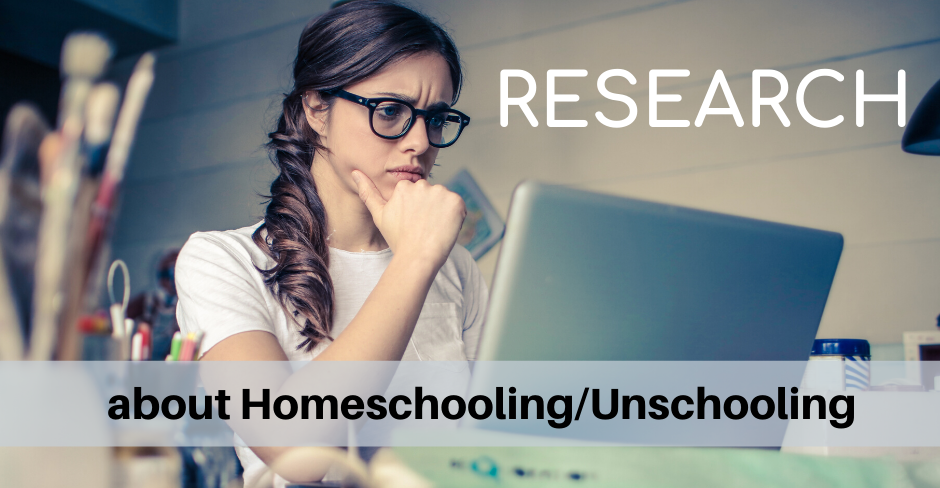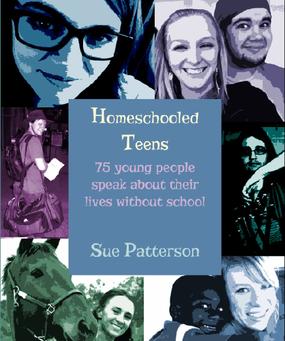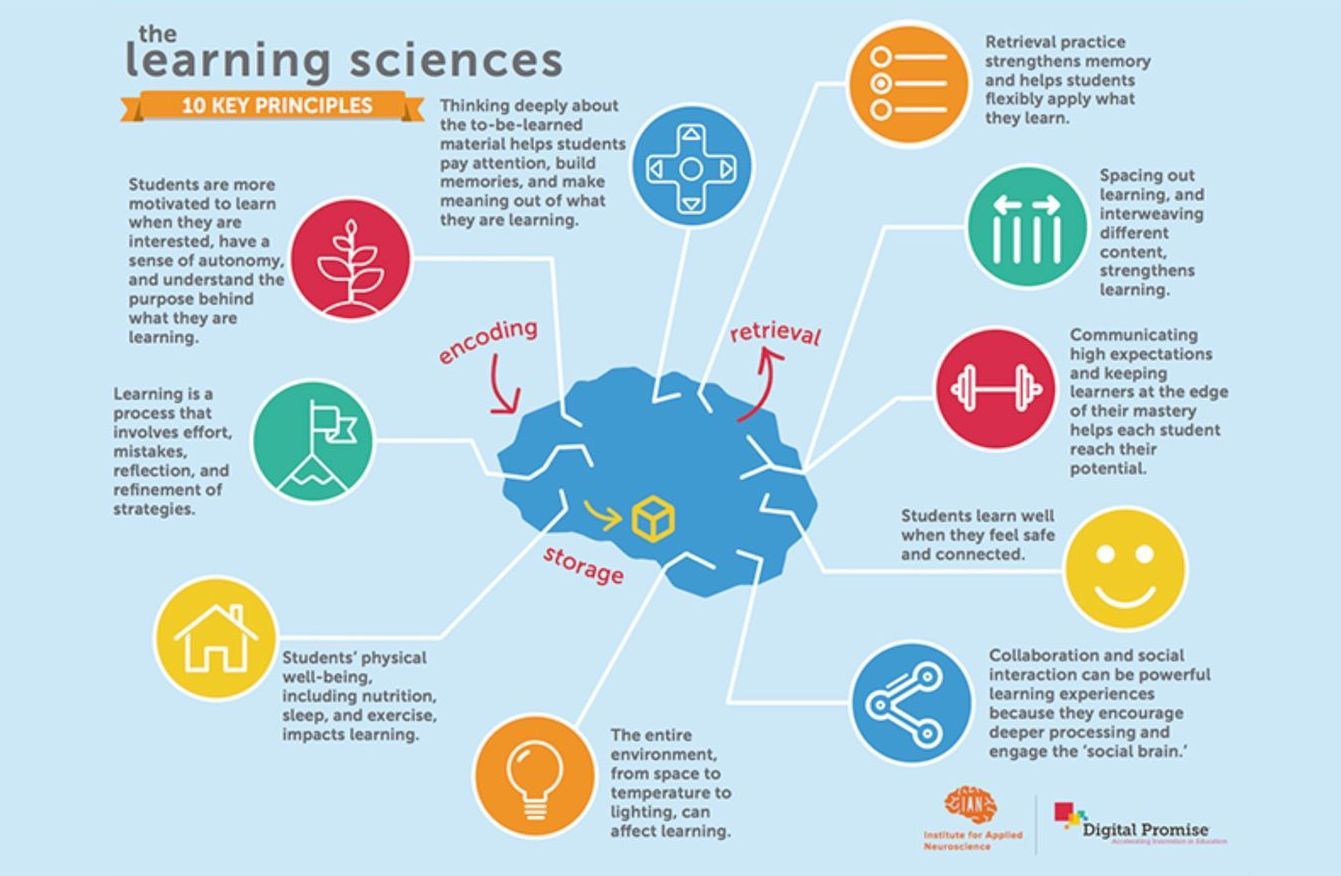Research on Homeschooling and Unschooling

Unschoolers are always watching for articles about learning, education and parenting.
We've collected a variety of articles with research on these topics.
It's a difficult community to actually DO research on - for a number of reasons.
Some of these articles address this, others address homeschooling in general.
Read About the Teen Years
I wanted to hear specifically from the young people who didn't go to school during their teen years. With more than 65% of the survey respondents being unschoolers or self-directed learners, their responses to over twenty commonly asked questions will provide reassurance and insight. Homeschooled Teens by Sue Patterson.

The Research:
Evidence for Homeschooling: Constitutional Analysis in Light of Social Science Research
Widener Law Review: Tanya K. Dumas, Sean Gates, Deborah Schwarzer
The right of parents to control the education and upbringing of their children encompasses the right to teach them at home. The evidence given in this paper demonstrates not that restricting homeschooling better serves a State’s interest in education, but that the opposite is true: that homeschooling serves, rather than defeats, this interest, and that this interest is best met by ensuring that parents remain free to homeschool their children if they wish to do so.
The Challenges and Benefits of Unschooling, According to 232 Families Who Have Chosen that Route
The Journal of Homeschooling and Alternative Learning: Peter Gray and Gina Riley
The biggest challenge expressed was that of overcoming feelings of criticism, or social pressure, that came from others who disapproved and from their own culturally-ingrained, habitual ways of thinking about education. The reported benefits of unschooling were numerous; they included improved learning, better attitudes about learning, and improved psychological and social wellbeing for the children; and increased closeness, harmony, and freedom for the whole family.
A Survey of Grown Unschoolers I: Overview of Findings
Peter Gray, PhD | Psychology Today
Seventy-five unschooled adults report on their childhood and adult experiences. This study comes as a follow up of their other study (above). That survey led them to wonder how those who are unschooled, as opposed to their parents, feel about the unschooling experience. We also had questions about the ability of grown unschoolers to pursue higher education, if they chose to do so, and to find gainful and satisfying adult employment. Those questions led to the survey of grown unschoolers that is described in this article and, in more detail, in three more articles to follow.
The Journal of Homeschooling and Alternative Learning: Kellie Rostad & Kathleen Kesson
It is our hope that our narratives will provide a broader context for understanding this potentially revolutionary approach of trusting children to live and learn naturally, contributing philosophical support both to families who choose not to school their children, and to the unconventional, innovative schools that strive to be welcoming, nurturing places where children have the freedom to develop their own interests, in their own ways, and who are accountable to no one but themselves, the law that governs us all, and their chosen communities.
The Case Against Learning in School with Evidence from Video Game Studies
The Journal of Homeschooling and Alternative Learning: Izabela USCINSKI
The author proposes that learning in school is an outmoded practice that needs to be reevaluated in light of current practices that children engage in outside of school as well as skills needed for the future. She draws on the philosophy of learning proposed by John Holt and researchers who have carried over his philosophy to demonstrate the qualities of real learning. Then, she demonstrates that learning principles built into the video games as proposed by James Gee, are more effective in engaging players in skills needed in the 21st century than many activities students perform in school.
Homeschool Research and Scholarship -
3 Crucial Points
Indiana.edu
- We don’t have any comprehensive data about U.S. homeschoolers nationally: total number of homeschoolers, learning outcomes, or anything else.
- Claims that the “average homeschooler” outperforms public and private school students are simply not justified.
- There is no such thing as a “typical homeschooler.”
An Exploratory Study of the Role of Technology in the Rise of Homeschooling
Andrade, Albert G., (PhD), Ohio University, Instructional Technology (Education), 2008.
The purpose of the research was to understand the relationship between the advent and wide-scale diffusion of computer and communication technologies and the growth of home education in the U.S.
Home Schooling as a Social Movement: Identifying the Determinants of Homeschoolers’ Perceptions
Rutledge Taylor & Francis Group: Ed Collom & Douglas E. Mitchell
Presented at the 2003 Annual Meeting of the American Sociological Association in Atlanta, GA
A study done on a segment of home-based charter school students and their families in California. This study was done to get a handle on the homeschooling community, and homeschoolers were not a part of the study! Must be purchased.
Home Schooling and the Question of Socialization
Peabody Journal of Education: Richard G. Medlin
Vol. 75, No. 1/2, The Home Education Movement in Context, Practice, and Theory (2000)
Socialization can be more accurately defined as “the process whereby people acquire the rules of behavior and systems of beliefs and attitudes that equip a person to function effectively as a member of a particular society.” (Durkin, 1995b, p. 614). Homeschooling and the Question of Socialization Revisited is the follow-up study. It must be purchased to read in full.
Home-Education: Aims, Practices and Outcomes
Annual Conference of the British Educational Research Association, University of Exeter, England, 2002
Paula Rothermel | University of Durham
The home-educated children demonstrated high levels of attainment and good social skills. Common to all families was their flexible approach. The children benefited from parental attention and the freedom to develop their skills at their own pace. Families enjoyed strong bonds and parents were committed to providing a nurturing environment for their children.
Patricia Lines | Discovery Institute
Homeschooling is becoming more common and more widely accepted. American families from diverse backgrounds resort to homeschooling because they are dissatisfied with the philosophy, the content, or the quality of American schools. The great majority of homeschooling families are not separatists and isolationists but active members of civil society. They seek to improve this nation, but they want to raise and educate their children in the meantime. Ultimately, they may help to inspire a great renewal of American education, or at least preserve values and ideas that are out of fashion within the education establishment.
Home Schooled vs. Public Schooled
Kathi Moreau | Northern Michigan University
This study describes the families who are most likely to choose homeschooling as an educational option and the level of success that these families experience as a result of this choice. November 27, 2012.
Research About Learning
Sometimes people are looking for research about how kids actually learn.
Or maybe the search is for educational research that shows how the school approach is NOT the best way to encourage learning. I'm including articles from educational researchers here as well.
How Learning Works - 10 Research-Based Insights
Babe Lieberman instructs teachers on how to help kids learn better in the classroom. Ironically, all of this can be done outside a classroom in an unschooling setting! Easily!
Alfie Kohn has written a lot.
His Collection of articles
Most notably:
Well, Duh. 10 Obvious Truths We Shouldn't Be Ignoring
Feel Bad Education
Research About Reading
The school system has caused many of us to believe that the sooner kids learn to read, the better. I'm collecting research that says otherwise.
Research about Learning
Are you looking for research about how kids actually learn?
Or maybe educational research showing how the school approach is NOT necessarily the best way to encourage learning?
I'm including articles from educational researchers here as well.

Introduction to the Learning Sciences: 10 Key Principles
Science show us how to help kids learn better.
Here are the 10 ideas they've focus on - all of which can be easily done outside a classroom in an unschooling setting!
The graph above is from this collection and will be incredibly helpful for unschooling parents.
Alfie Kohn,
a teacher and a researcher... here's
his Collection of articles
Most notably:
Research About Reading
The school system has caused many of us to believe that the sooner kids learn to read, the better.
I'm collecting research that says otherwise.
